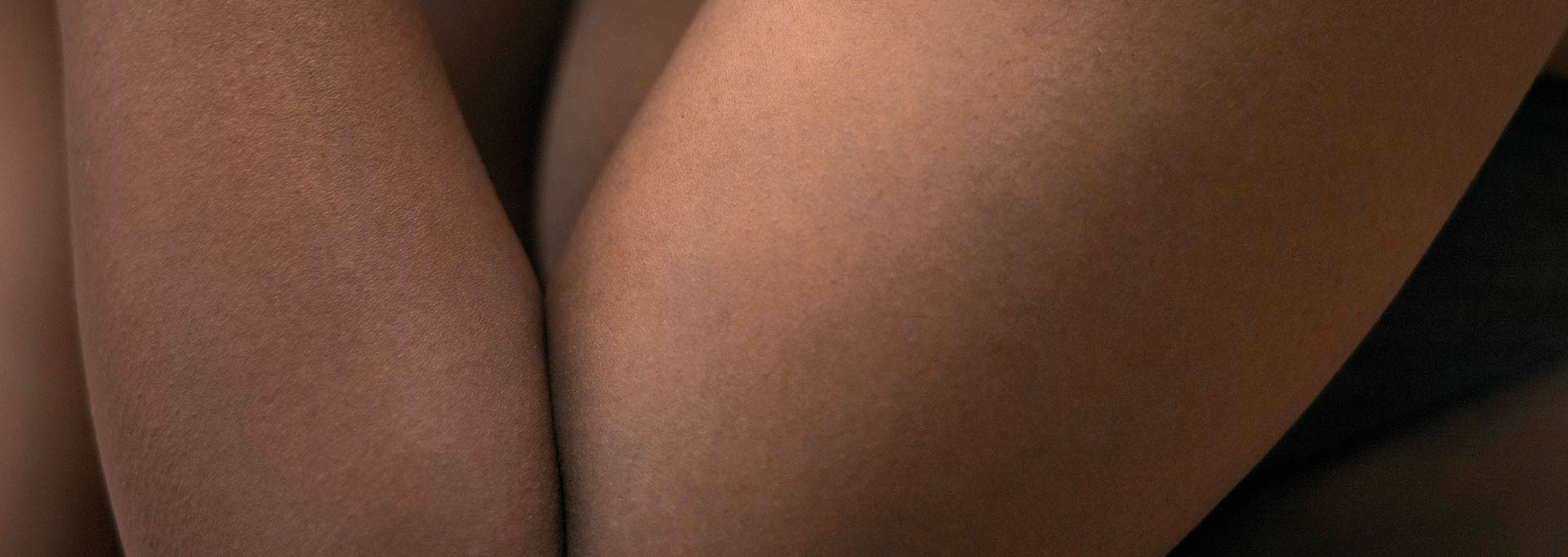OILY SKIN
Oily skin occurs when the sebaceous glands produce too much sebum, or oil, which can make it look shiny or greasy. Excess sebum can also block pores and lead to pimples. Areas most affected are the face, neck, chest and back.
Many people have oily skin during puberty, but some people’s skin is oily all their life, because of predisposing genes or hormones. If your parents had oily skin, you may have it, too. And any hormonal changes – due to menstruation, pregnancy, emotional situations, the transition into menopause – can also cause skin to become oily.










